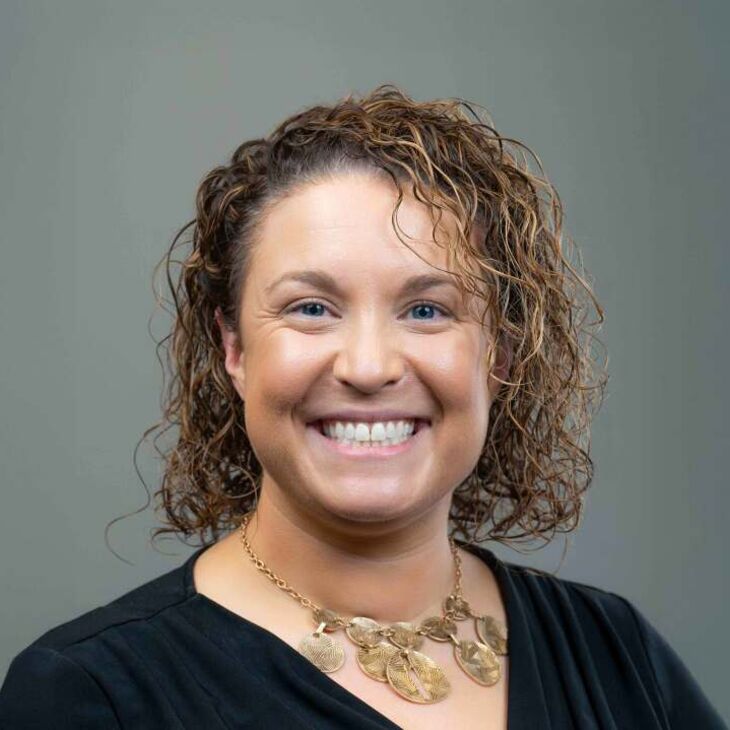Three-year project will utilize two evidence-based programs to prevent nurse suicide
The American Foundation for Suicide Prevention (AFSP) has awarded a three-year, $1.5 million grant to a partnership of The Ohio State University, the University of California San Diego and the American Nurses Association to determine the best intervention strategy for preventing nurse suicide.
The project, entitled “HEAR plus MINDBODYSTRONG: A Mental Health Resiliency Intervention for Nurses,” calls suicide prevention strategies designed specifically for nurses “urgent public health imperatives” because of the higher rate of suicides among nurses than the general population and the adverse impact that nurses’ mental health can have on healthcare quality and safety.
“Nurses everywhere have stretched themselves beyond their limits during the COVID-19 pandemic and continue to suffer from high rates of depression and emotional distress,” said Bernadette Melnyk, PhD, APRN-CNP, FAANP, FNAP, FAAN, vice president for health promotion, university chief wellness officer and dean of the College of Nursing at Ohio State, who will also serve as the principal investigator on this grant project. “We are confident that the study we will conduct will result in the best intervention strategy that will be able to be scaled across the U.S. to reduce anxiety, depression and suicide risk throughout our profession, while at the same time improving the quality and safety of care to patients.”
According to the grant project’s abstract, the research aims include:
- Assessing a digitized, online, interactive version of Ohio State’s MINDBODYSTRONG cognitive-behavioral skills-building program; and
- Conducting a randomized controlled trial with the University of California San Diego’s Healer Education Assessment and Referral (HEAR) program’s adaptation of AFSP’s Interactive Screening program in conjunction with MINDBODYSTRONG versus HEAR alone.
The HEAR and MINDBODYSTRONG programs have been tested locally and separately. Teaming up together, the scientists will test the idea of deploying the two programs virtually and on a large national scale. They will track depression, suicidal ideation, burnout, anxiety, post-traumatic stress disorder (PTSD), healthy lifestyle beliefs and behaviors and job satisfaction, with checkpoints immediately following the intervention, then at three, six and 12 months.
“The most important thing we can do as nurse scientists is to keep answering the unanswered questions about how to minimize the impact this stressful profession has on our mental health and well-being,” said Judy Davidson, DNP, RN, FAAN, nurse scientist at the University of California San Diego and co-principal investigator on this grant project. “We are honored that AFSP and the ANA are partnering with us so that we can test methods to help nurses restore their resilience and sense of purpose while continuing to serve our caring profession to maintain the health of the community.”
Other co-investigators and consultants on this project include:
- The Ohio State University:
- Jacqueline Hoying, PhD, RN
- Marlene Sampson, PhD, RN
- Alai Tan, PhD
- Sharon Tucker, PhD, RN, CSN, FAAN
- University of California San Diego
- Sidney Zisook, MD
- American Nurses Association
- Holly E. Carpenter, RN, BSN
- Debbie D. Hatmaker, PhD, RN, FAAN
AFSP is the leading private funder of suicide research in the United States. The foundation is funding more than $8 million in new scientific studies this year.



